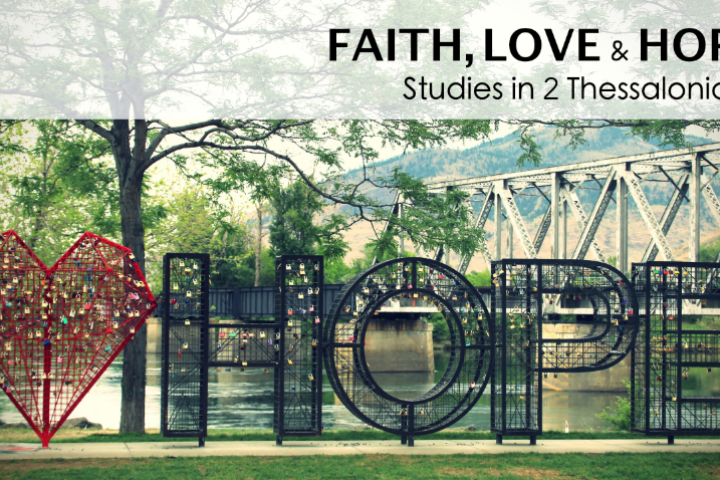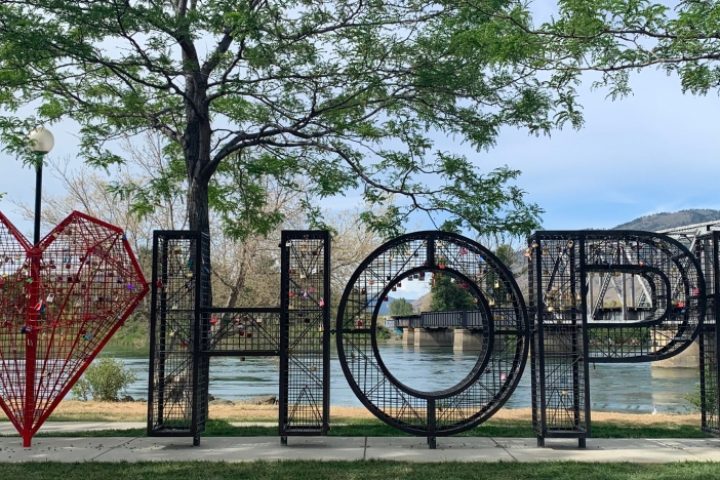Sermons on 2 Thessalonians
Work: Burden or Opportunity?
2 Thessalonians 3:6-18
Most of us work to earn money so we can eat our daily bread. Is work good or bad? Is it a necessary evil to be endured? Or is it a valuable use of our time? In Thessalonica there were some Christians who had stopped working and were expecting others in the community to supply their daily bread. We’ll see how Paul responded to them, and why he chose to work as a tentmaker while engaged in Christian ministry.
The Beloved Community
2 Thessalonians 2:13-3:5
God is love: a community of perfect love, flowing between Father and Son through the Spirit. In generosity he shares his love in creation and in redemption. When we respond to the gospel in faith we enter the Beloved Community. The Thessalonian Christians were a local chapter. They were the Lord’s beloved, and they were beloved of Paul. Their present suffering did not indicate that God did not love them. Paul prayed that they be drawn more fully into God’s love. On this Valentine’s Day, do you feel part of the Beloved Community?
The Way the World Ends
2 Thessalonians 2:1-12
“This is the way the world ends, Not with a bang but a whimper.” With these words T.S. Eliot ended his poem The Hollow Men. The Thessalonian Christians were very concerned about the end of the world. Paul commended their faith, love and hope as a shining example to others. Their hope was in the return of the Lord Jesus Christ, but they were uncertain what that would entail, and therefore anxious. We come to one of the most difficult passages in the New Testament in which Paul seeks to calm their nerves. But he does so in a manner that has generated both wild speculation and baffled confusion.
Faithful Endurance
2 Thessalonians 1:1-12
“The blood of the martyrs is the seed of the church.” So said the early church Father Tertullian to the Roman Emperor in the year 200. In many countries around the world Christians are still being killed for their faith, solely for being Christians. Why does God allow his faithful people to suffer such persecution? And how should Christians live in the face of such persecution and trouble? Last year we looked at Paul’s first letter to the Thessalonian church. Over the next four weeks we will look at his second letter to the same church, a church that is suffering under persecutions and trials.

